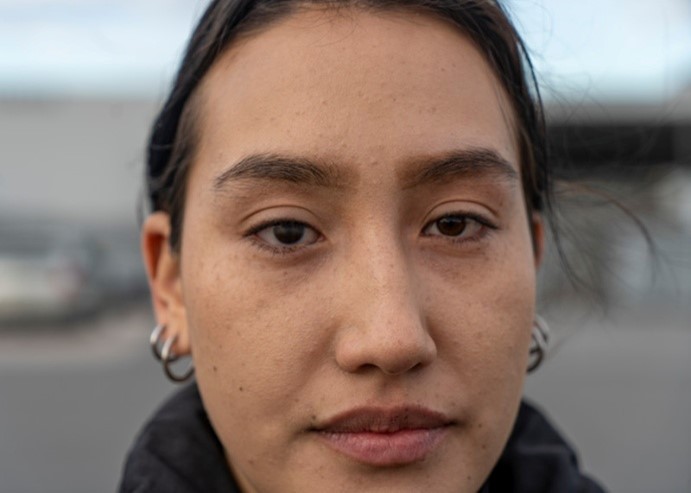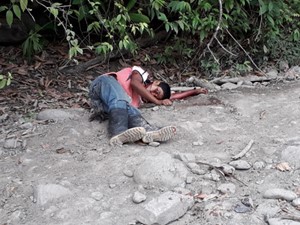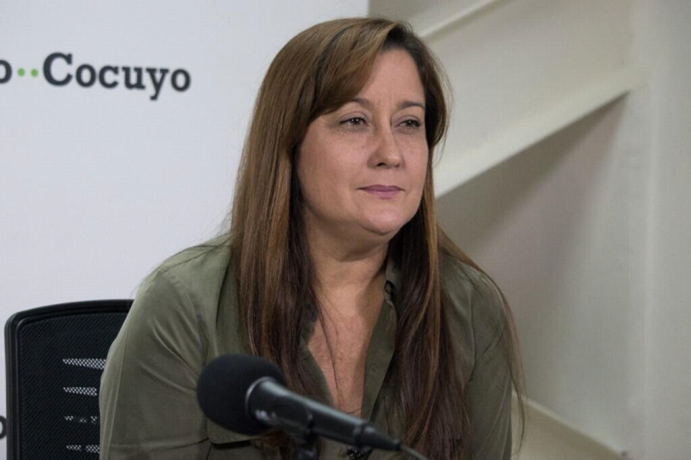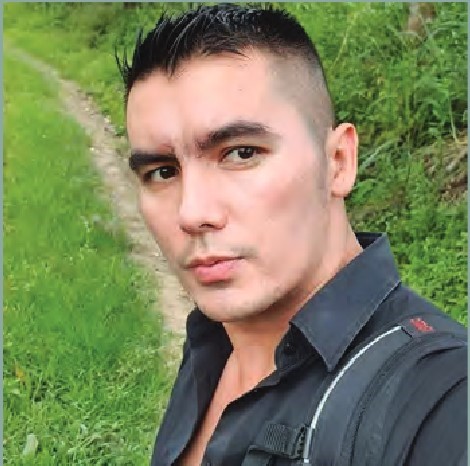This month we bring you news from Colombia, Venezuela, Argentina, Ecuador, Brazil, Chile, Paraguay and Peru.
Highlights are:
- Colombia: More from Amnesty on the need for police reform, opening with a song and dance video to remind us of the violence suffered by demonstrators during the General Strike.
- Colombia: The government uses a mixture of negotiation and force to halt the ongoing violence in the country.
- Venezuela: Please respond to the Urgent Action demanding medical care for three political prisoners who have been deprived of treatment for months.
- Argentina: Please sign an Urgent Action demanding the release of a lesbian human rights activist charged with painting graffiti.
- Argentina: In a second Urgent Action, Amnesty is demanding the withdrawal of a new pensions’ law which would deprive most pensioners of their pension.
- Ecuador: In this Urgent Action, Amnesty is demanding that the Ecuadorian authorities protect nine girls and their families without demanding they first abandon their activism.
- Brazil: More on police killings, this time in Sao Paulo, and how corrupt police are helping to despoil the Amazon.
- Chile: Amnesty is calling for a full investigation of three senior officers of the Carabineros for their excessive use of force during the 2019 demonstrations.
- Paraguay: In a new report, Paraguay’s Bill of Health, Amnesty has identified that severe and unequal gaps in access to Paraguay’s public health system.
- Peru: The Peruvian government published a presidential decree classifying trans identities as mental health conditions.
COLOMBIA
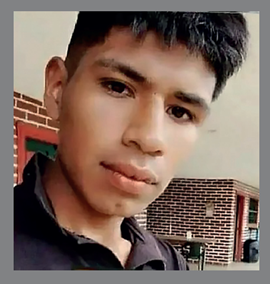
Amnesty International has issued a new report on grave abuses committed by the police during the National Strike of three years ago. This opens with musicians and dancers performing to remind us of the violent events where their leader lost an eye to a rubber bullet. Protesters were killed, others lost their eyes or were sexually abused. Many of these injustices remain unpunished. Some who reported the abuses have been threatened and had to flee the country. How is it possible that a police reform that ensures that these events never happen again is not part of today’s political agenda?’
Programa ‘Somos Defensores’ (We are the Defenders) lists the 168 social leaders and human rights defenders killed by ex-guerrillas, paramilitaries and criminal gangs in 2023, a 14% decline on 2022. However, the number of forced displacements doubled while there was also an increase in kidnappings and forced disappearances. Overall, there was no letting up in the violence in mainly rural areas previously occupied by FARC guerrillas, and now fought over by two FARC dissident groups, the ELN (National Liberation Army), Gaitanista paramilitaries and organised crime.
President Petro is persisting with peace initiatives and Colombia has signed the first point of a six-point deal with ELN guerrillas, following five cycles of negotiations over the last seven years. The agreement last June to set up a National Participation Committee with 80 meetings with 8,500 representatives of social organisations and communities enabled this first breakthrough.
Colombia has also announced peace talks with Iván Marquéz, former FARC leader who reneged on the Peace Accord and founded a new guerrilla group called the Segunda Marquetalia, a reference to the town of Marquetalia, where the FARC originally came from. Talks begin on 24 June in Venezuela. However, neither side has declared a ceasefire. Meanwhile, another ex-FARC group, known as EMC (Central High Command), attacked police stations and towns in several places in the Cauca region. The government sent in the Army with the President warning them that “the offensive against the EMC is total”.
The Guardian reports on the starvation of children of the Wayúu indigenous community in La Guajira. ‘Although their resource-rich environment includes assets such as coal and gas and stunning Caribbean beaches, the lack of food and water available in this arid region has left the Wayúu facing a humanitarian crisis.’ Investigators found that the inadequate supply of water is the result of corruption and the lack of trucks and deposits to supply over 1,000 communities and a population of one-third of a million.
Following a 10-day visit, UN experts urge the Government of Colombia to address systemic and institutional racism of people of African descent which they have endured for centuries. Testimonies detailed sexual and gender-based violence, rape as a weapon of war, macro-aggressions, kidnappings, femicides, brutal killings by armed groups and organised crime cartels, extortion, brutal dispossession of lands, forced recruitment of children in armed groups, enforced disappearances, enforced displacement, mutilation and utilisation of children for illegal activities. [Read more…]
